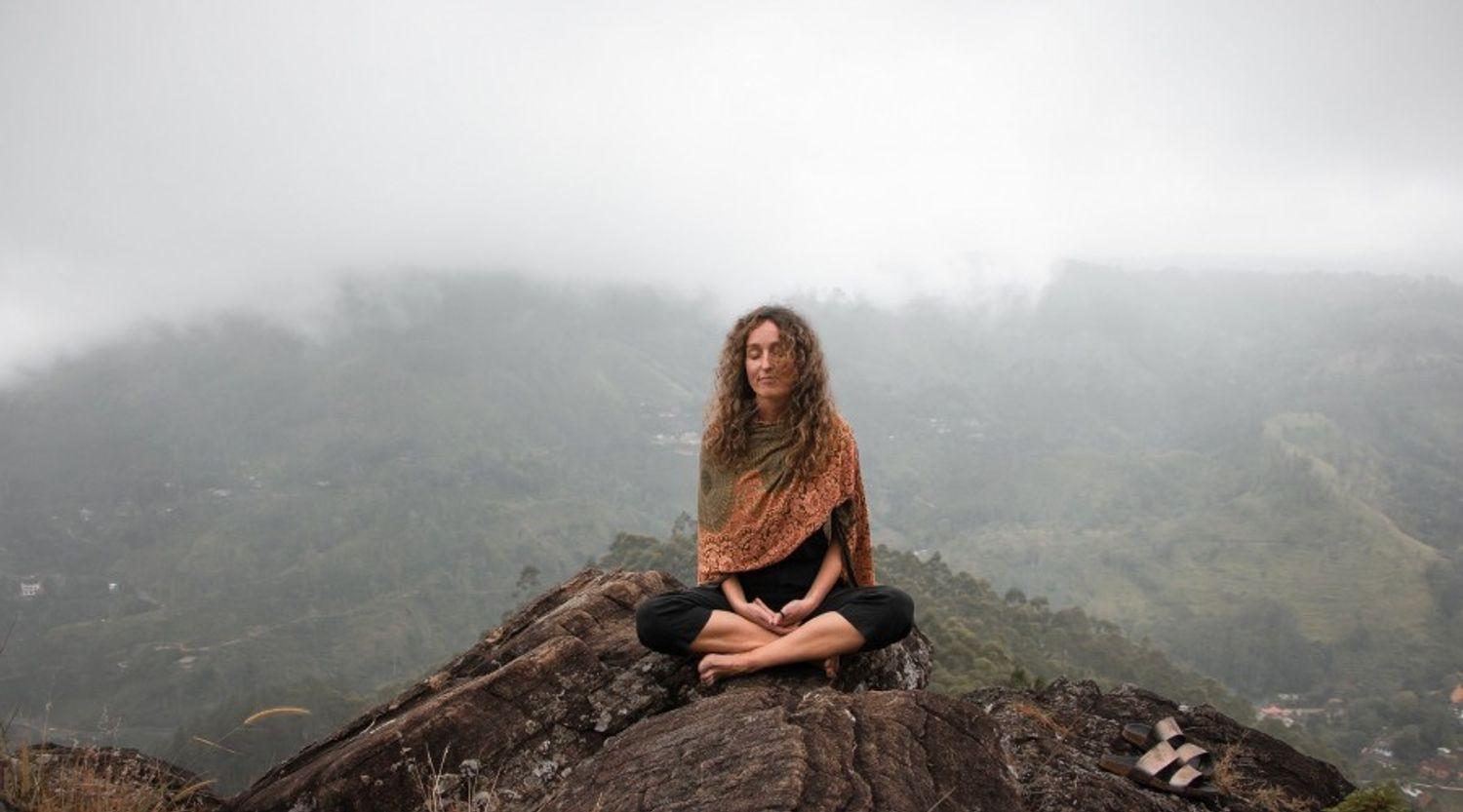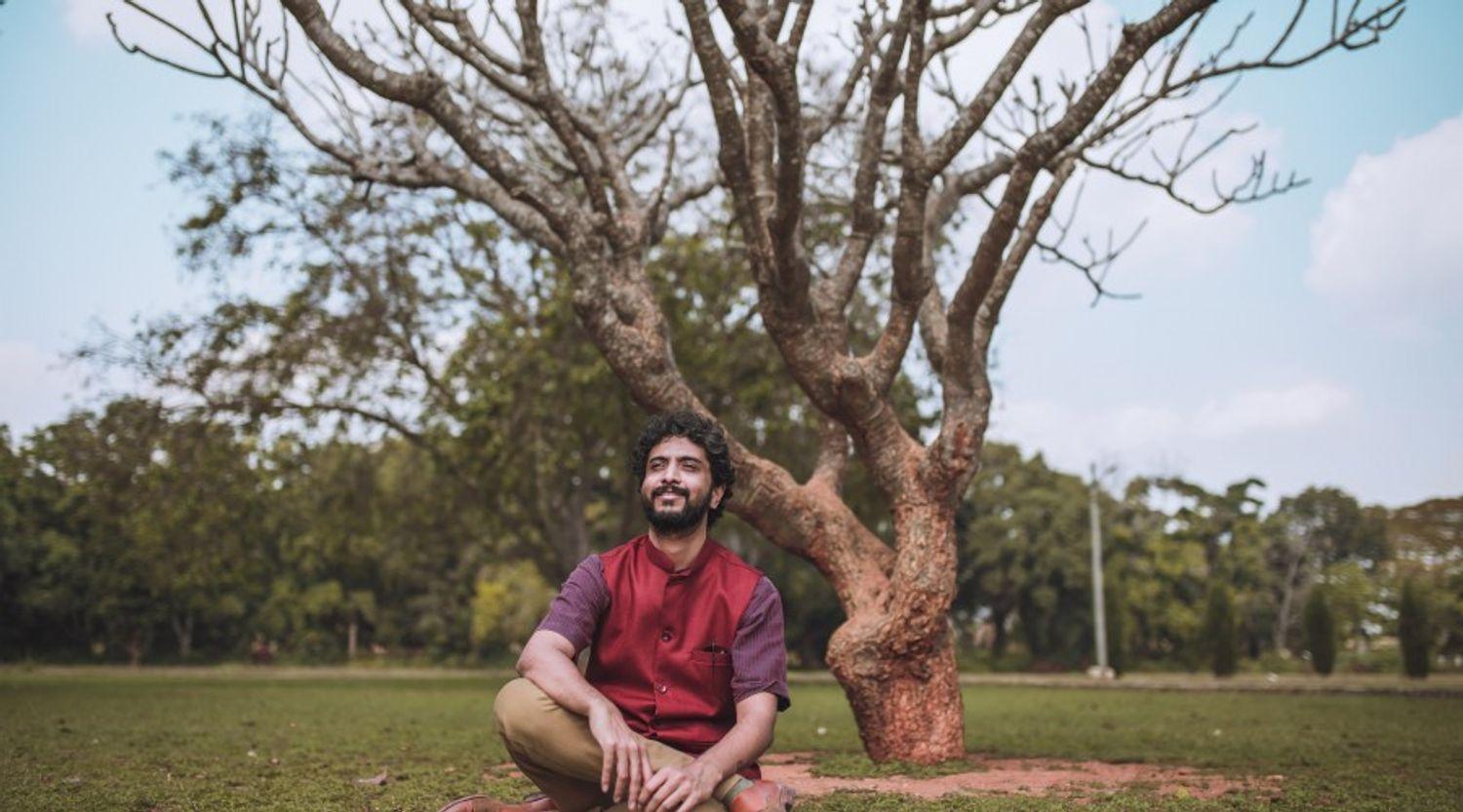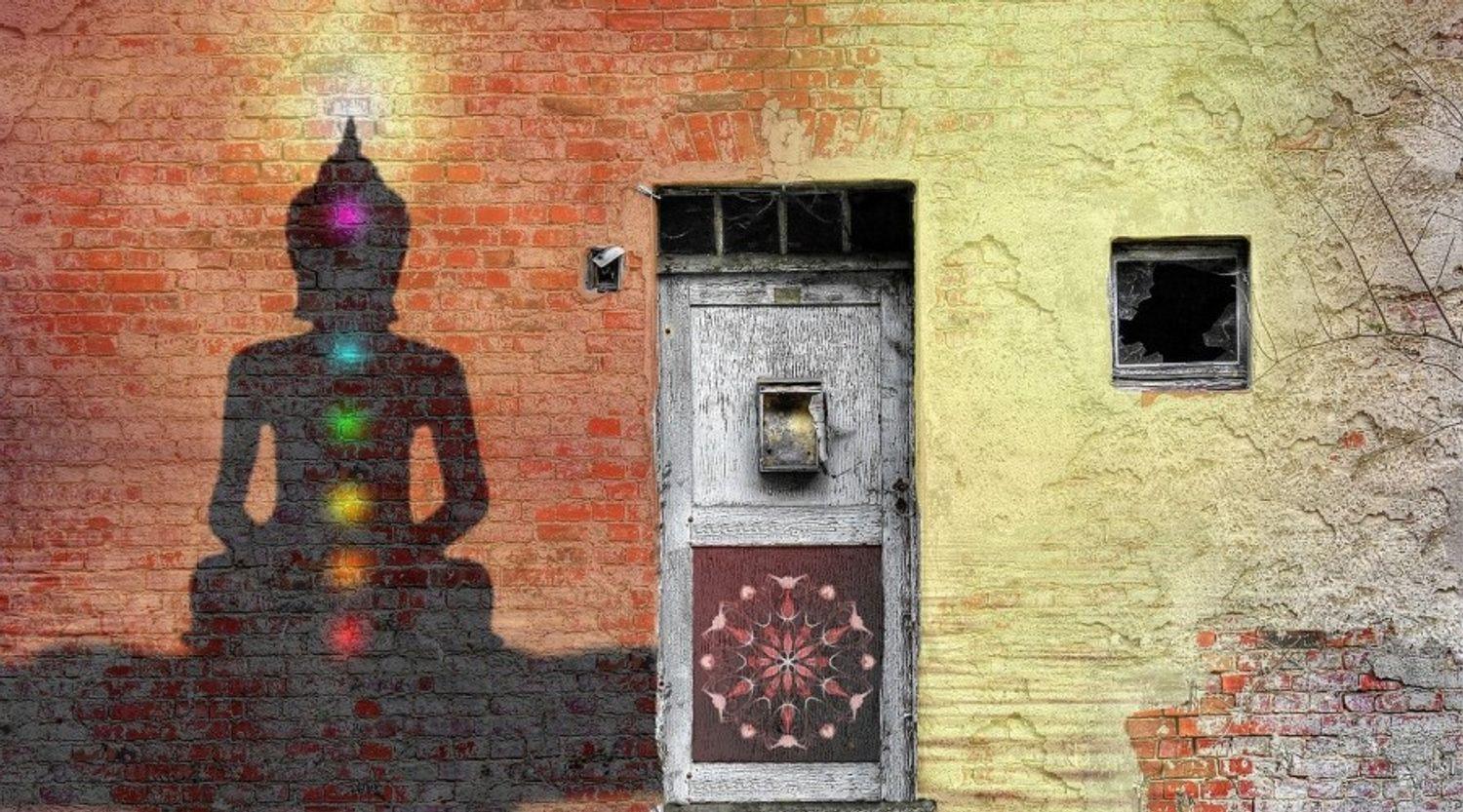Medical tourism is the practice of traveling to another country for medical treatment. It typically involves individuals who travel to another country to receive medical, dental, or surgical care, while also taking the opportunity to travel and explore the destination country.
Medical tourists may seek out treatment in another country for a variety of reasons, including access to specialized medical treatments or procedures that are not available in their home country, cost savings on medical procedures, or a desire to combine medical treatment with a vacation.
The term "medical tourism" is also called "health tourism" or "global healthcare."
Medical tourism compromises consumers who travel to maintain their well-being and life contentment through the experiences of health therapies.

Medical Tourism is not restricted to therapies only, it's a feeling of belongingness to an environment that is modest, free from anxiety, motivates positivity in personality, concentrates on balanced nutrition, restores balance and homeostasis of the body, and holistically rejuvenates the body.
Some unheard facts about Medical Tourism in India :
- India has a long history of traditional medicine systems such as Ayurveda and Yoga, which attract medical tourists seeking alternative treatments.
- The cost of medical treatment in India is often significantly lower than in other countries, making it a popular destination for affordable medical tourism.
- Many major hospitals in India have international accreditation and are equipped with state-of-the-art technology, making them comparable to top-rated hospitals in developed countries.
- India has a large pool of highly trained doctors and medical professionals, many of whom have received their education and training abroad.
- India is also becoming a popular destination for dental tourism, with a wide range of dental procedures available at a fraction of the cost of similar treatments in developed countries.
- India is also known for its expertise in the field of plastic surgery, making it a popular destination for medical tourists seeking cosmetic treatments.
- Medical tourism in India is not limited to just medical treatments, it also includes wellness programs, Yoga and Ayurvedic treatments.
- India's government has been taking steps to promote medical tourism, including the creation of medical visa categories specifically for patients seeking medical treatment.
Medical tourism is greatly strived after by travelers showing up from metropolitan cities for one or more of the following goals:-
- Escapism from the crazy crowd and rapid pace of life in the metropolitan cities.
- Unwinding of the body after a determined and rest-free stretch at the workplace.
- Psychological peace and self-development by pursuing a holistic technique.
- Spiritual findings involving pilgrimages and yoga retreats.
Medical tourism can provide a traveler enormous opportunities for introspection and at the same time heal the body, mind, and soul by the detoxification given by numerous healthcare therapies some of which are the following:-
Ayurveda
Ayurveda or ayurvedic medicine is a technique of traditional medicine native to the Indian subcontinent and a method of alternative medicine. Ayurveda stands for "Science of life or age" and is the oldest kind of the complete medical system in the world and dates back to 5000 B.C.

Its origins lie in the historical Indian Civilization and the Hindu Philosophy and have been a significant prestige on the evolution of approximately all other Eastern Medical systems.
Ayurveda emphasizes an equilibrium of three elemental substances dosha, similar to classical humorism:
Vata (air & space - wind) - The power of the wind, and is credible for regulating the nervous system of the body.Pitta (fire & water - bile) - The power of warmth and energy that is associated with the Sun, and is credible for digestive and further biochemical processes inside the body.Kapha (water & earth - phlegm) - The power of water and flows that is connected with the moon, and credible for fluid metabolism in the body.
All these doshas when proper ascertains a healthy mind and body.
Unani
Unani-Tibb or Unani Medicine also spelled Yunani Medicine is a kind of traditional medicine largely exercised by Muslims. Unani medicine is established on the theory of the four humor: Phlegm (Balgham), Blood (Dam), Yellow bile (Safra), and Black bile (Sauda).

"Tibb" is a Persian phrase that stands for "medicine" and Unani has been emerged from "Ionian" which stands for Greek, because of the Greek significance in this technique of medicine. The method of therapy dates back to the 7th century, and the Muslims who arrived in India around the 11th century carried the system of medicine along with them.
Yoga
Yoga is a generally presumed generic phrase for the physical, mental, and spiritual exercises or practices that established in ancient India to achieve a state of eternal serenity. Precisely, yoga is one of the six astika schools of Hindu philosophy.
Yoga concentrates on wielding physical stances that stretch the muscles and organs. It concentrates on breathing training to tend some of the widespread diseases of the nasal area and to treat hypertension and diabetes.

Yoga can be practiced solely for the tranquillity of the body and mind and can improve flexibility and stamina at the same time. A bunch of global travelers arrives to experiencing yoga retreats in India every year.
Some of the asanas are Utkatasana, Uttana shishosana, Tadasana, Adho Mukha Svanasana, Trikonasana, Surya namaskar, Kapal Bhati pranayam and Setu Bandha Sarvangasana.
Sidha
Siddha Medicine is one of the oldest medical systems recalled by humans. Modern Tamizh literature carries that the system of Siddha medicine emerged in Southern India, in the state of Tamil Nadu, is part of the trio of Indian medicines - Ayurveda, Siddha, and Unani.
It is implied that when the natural balance of the three humor (Vaadham, Pittham, and Kabam ) is startled, the disorder is provoked.
The factors, which concluded to impact this balance, are environment, climatic conditions, food, physical activities, and anxiety. Under ordinary circumstances, the ratio between these three humor i.e.:(Vaadham, Pittham, Kabam) is 4:2:1, respectively.
Naturopathy
Naturopathy or naturopathic medicine is a kind of alternative medicine established on a principle in vitalism, which posits that a special energy called vital energy or vital force directs physical processes such as metabolism, reproduction, growth, and adaptation.

Naturopathy supports a holistic approach with non-invasive therapy and, same to traditional medicine motivates the least use of surgery and drugs.
Naturopath motivates us to take accountability for our health by stimulating a reasonable diet and lifestyle management. A harmonious and reasonable diet comprising of natural foods is a factor of good health. Naturopathy endeavors on the belief that the diet should deliver the essential nutrients on which the body depends for good health.
Acupuncture
Acupuncture is a compilation of techniques comprising penetration of the skin with needles to facilitate specific points on the body. In its classical form, it is a typical element of traditional Chinese medicine (TCM), a method of alternative medicine, and one of the oldest medication practices in the world. According to Chinese Medicine, there are over 350 acupoints on the meridians of the body.

Harmonizing acupoints can be provoked by injecting fine acupuncture needles to boost the flow of Chi or Qi (meaning breath, life force, or energy flow) in the meridians and thus replenishing healthy functioning to the internal organs of the body.
Aromatherapy
Aromatherapy is a kind of alternative medicine that utilizes volatile plant substances, perceived as essential oils, and additional aromatic compounds to alter a person's mind, mood, cognitive function, or health.

Some of these helpful oils are Chamomile for serenity, Eucalyptus, and Sandalwood as an Antiseptic, Geranium as a gentle astringent, Jasmine as an antidepressant, Neroli as a soft sedative, Rosemary as a modest stimulant, and Lavender as a soft analgesic.
Acupressure

Acupressure is an alternative medicine procedure identical in principle to Acupuncture. It is established on the theory of life energy which flows through "meridians" in the body. In therapy, physical pressure is applied to activate points with the goal of clearing stoppages in these meridians. Pressure may be pertained by hand, by the elbow, or with numerous devices
Massages
Massage is the manipulation of external and intenser layers of muscle and connective tissue utilizing several methods, to improve function, assist in the recovery procedure, reduce muscle reflex activity, inhibit motor-neuron excitability, stimulate calmness and well-being, and as a recreational activity.
Massage Therapy is one of the oldest structures of therapeutic medication. It was founded in China or Mesopotamia.

It was practiced widely in ancient Greece and was also supported by the ancient Greek physician "Hippocrates" when he wrote, "the way to health is a scented bath and an oiled massage every day". The satisfying structure of massage consists of calming strokes and rubbing and now widely utilized in both the traditional and non-conventional methods of medicine.
Spas

The phrase spa is linked with water therapy which is also perceived as balneotherapy. A spa is an area where mineral-rich spring water is employed to give medicinal baths. Spa cities or spa resorts generally give numerous health therapies. The practice of voyaging to hot or cold springs with the motives of inducing a remedy of some disorder dates back to pre-historic times.
Meditation
Meditation is a method in which an individual trains the mind or prompts a means of consciousness, either to realize some advantage or as an end in itself. The word meditation applies to a vast assortment of exercises that comprises methods constructed to stimulate relaxation, compose inner energy or life force, and formulate kindness, love, patience, benevolence, and compassion.

Meditation enables one to understand them better and be mentally conscious of one's character. Meditation can aid in a ton of conditions widespread in a busy lifestyle like anxiety, hypertension, tension, depression, and drug addiction.
Who needs Medical Tourism?
Medical Tourism has stood as a crucial requirement of all those individuals who crave to seize a vacation from their busy lives and work schedule and unwind at a location where they can feel closer to nature and enhance their health and well-being.
Medical tourism can similarly be pursued by patients who are healing after a medical surgery and seek a speedy and long-lasting healing as well as thorough detoxification of the body. A bunch of global patients come every year for quick healing by medications of Ayurveda in India.
Medical tourism in current times is individuals travel to destinations offering Serenity, meditation, holistic centers, spas, health retreats, spiritual pilgrimages, and distinct forms of health treatments.
A few of the benefits delivered by the above healthcare treatments are:-
- No side effects on the body
- A holistic manner of rejuvenating the body.
- Detoxification of the body.
- A stress-buster in the modern-day stress-ridden way of life.
- Non Invasive medication therapies.
- Rising costs of modern medicines.
- Temporary impacts of modern medicine
- Natural beginnings of alternate medicines.
An alternate treatment or holistic medicine, therefore, motivates us to consume fruits, vitamins, herbs, and detox for the cleansing and recovery of the body. That is a natural way of recovering.




